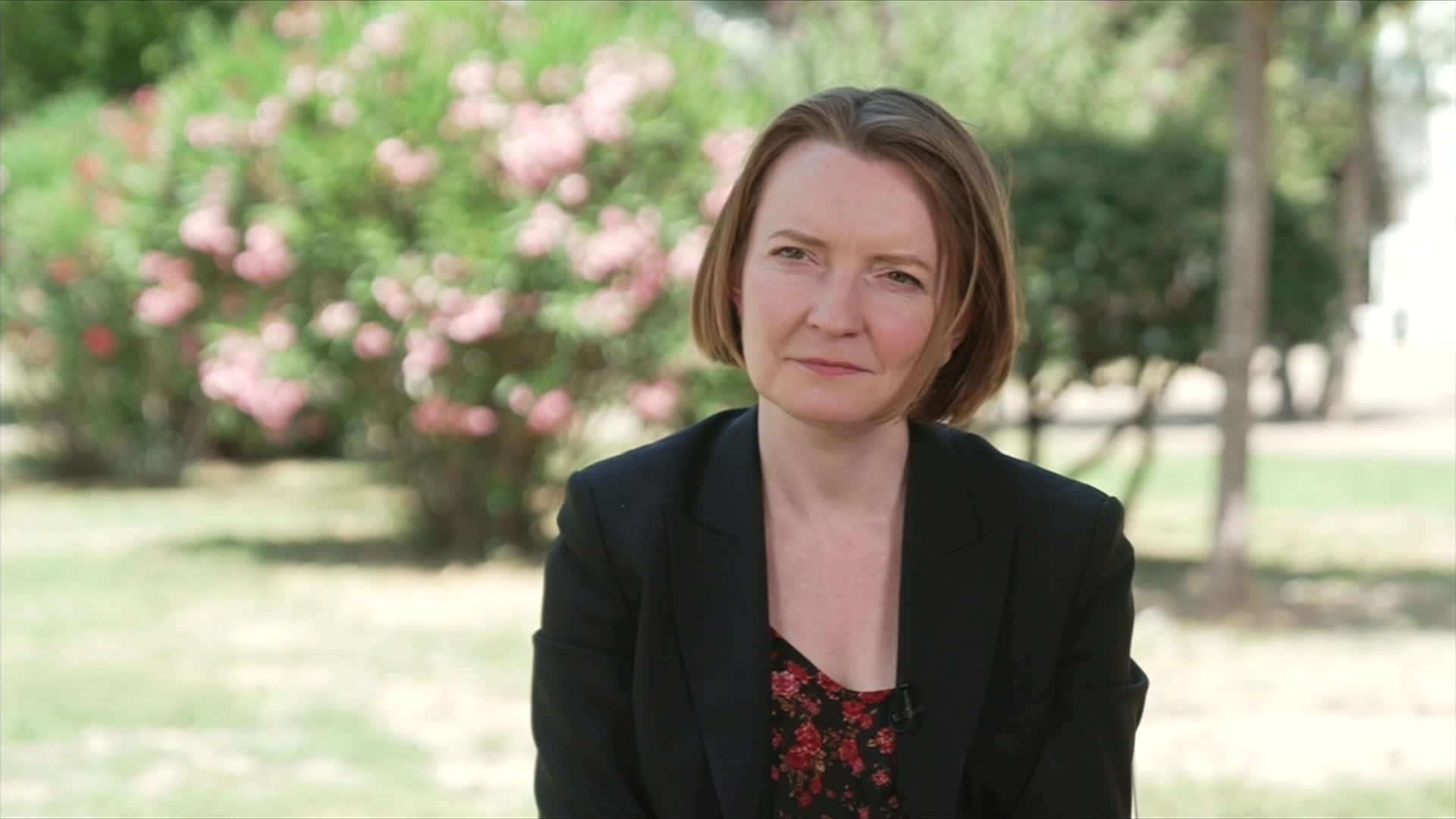Bank of England (BoE) Deputy Governor Clare Lombardelli voiced concerns about inflation potentially exceeding the central bank’s forecasts, advocating for a cautious and gradual approach to cutting interest rates. Speaking at King’s Business School, this was her first major address since taking office in July.
Lombardelli highlighted the delicate balance of risks, with recent business surveys hinting at cooling inflation, while robust wage growth remained a significant inflationary pressure. “At this point, I am more worried about the possible consequences if the upside materialized, as this could require a more costly monetary policy response,” she said.
Her comments prompted a slight rise in sterling, reflecting market sensitivity to the BoE’s inflation outlook and rate policy.
Policy Context and Concerns
The BoE has implemented two rate cuts since August, lowering its base rate to 4.75% from 5.25%, in contrast to the larger reductions by the European Central Bank (ECB) and the U.S. Federal Reserve. The cautious pace is driven by persistent inflation pressures, especially in the UK labor market.
Lombardelli’s stance aligns closely with Chief Economist Huw Pill, who recently warned of stubbornly high wage growth. On the other hand, Deputy Governor Dave Ramsden has suggested that inflation may fall below forecasts, potentially warranting faster rate cuts.
Financial markets currently anticipate three BoE rate cuts through the end of 2024, compared to six for the ECB and four for the Fed, underlining the BoE’s more reserved approach.
Inflation and Wage Growth Challenges
Lombardelli expressed particular concern over a scenario where wage growth stabilizes around 3.5%-4%, and inflation persists at approximately 3%, higher than the BoE’s 2% target. Such a shift in expectations among businesses and consumers could embed higher inflationary pressures, making monetary policy adjustments more challenging and costly.
This caution comes amid some economists forecasting inflation could rise to 3% by early 2025, following stronger-than-expected October inflation figures. Despite recent signs of economic slowing from purchasing manager index (PMI) data, Lombardelli emphasized the need to monitor trends rather than reacting to isolated data points.
Economic and Forecasting Reforms
Lombardelli also addressed weaknesses in the eurozone and their potential impact on the UK economy. She stressed the importance of timely policy responses to prevent prolonged economic deterioration.
As part of her remit, Lombardelli is overseeing significant reforms in the BoE’s forecasting and analysis methods. Following a review led by former U.S. Federal Reserve Chair Ben Bernanke, she outlined plans for comprehensive changes to modernize the BoE’s technology and improve data processing. While progress has been made, she cautioned that the overhaul would take years to fully implement.
“This program is going to take time to work through – years not months,” she said, signaling her commitment to enhancing the BoE’s predictive capabilities.
Lombardelli’s remarks underscore the BoE’s cautious stance as it navigates persistent inflationary risks while addressing broader economic challenges.










